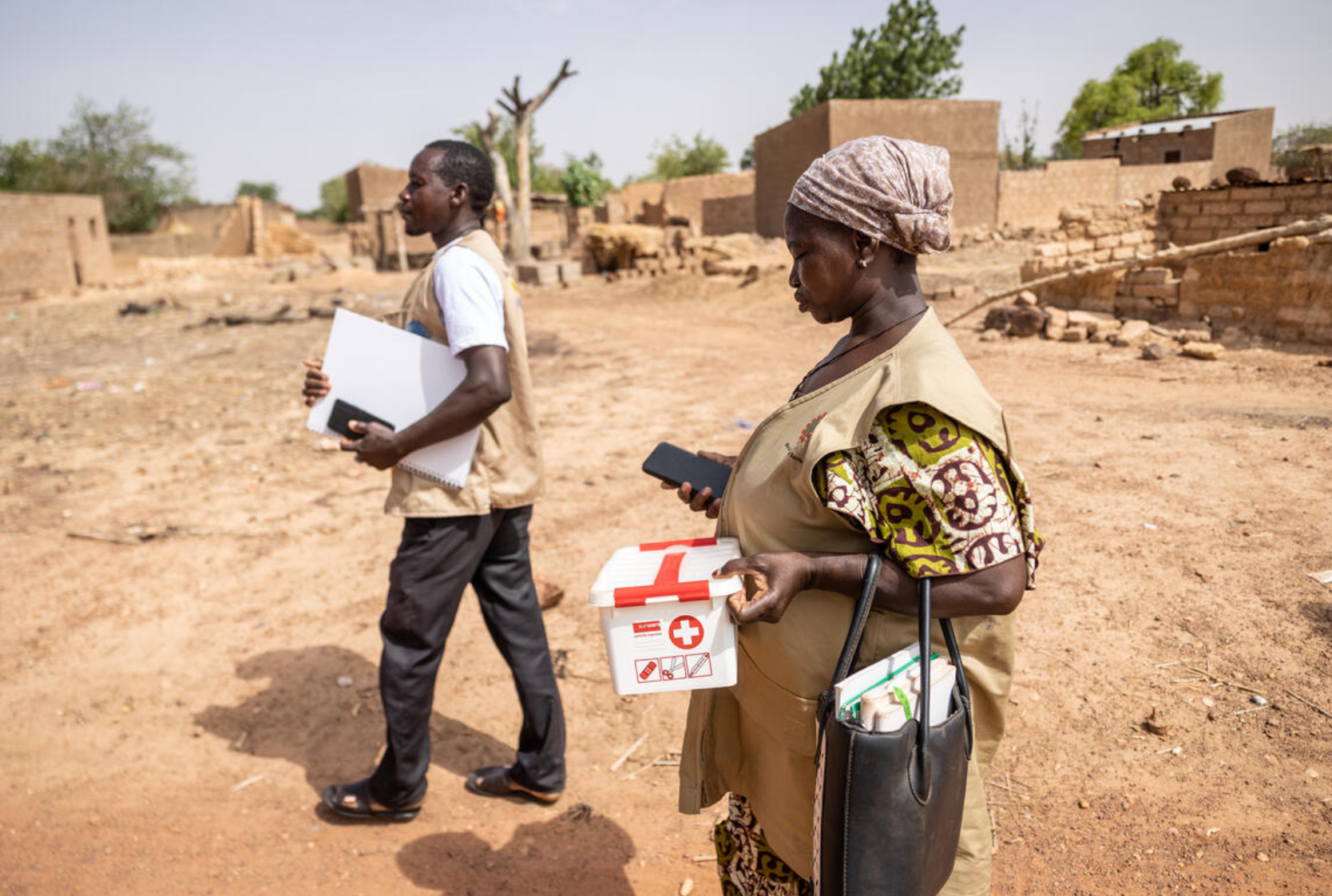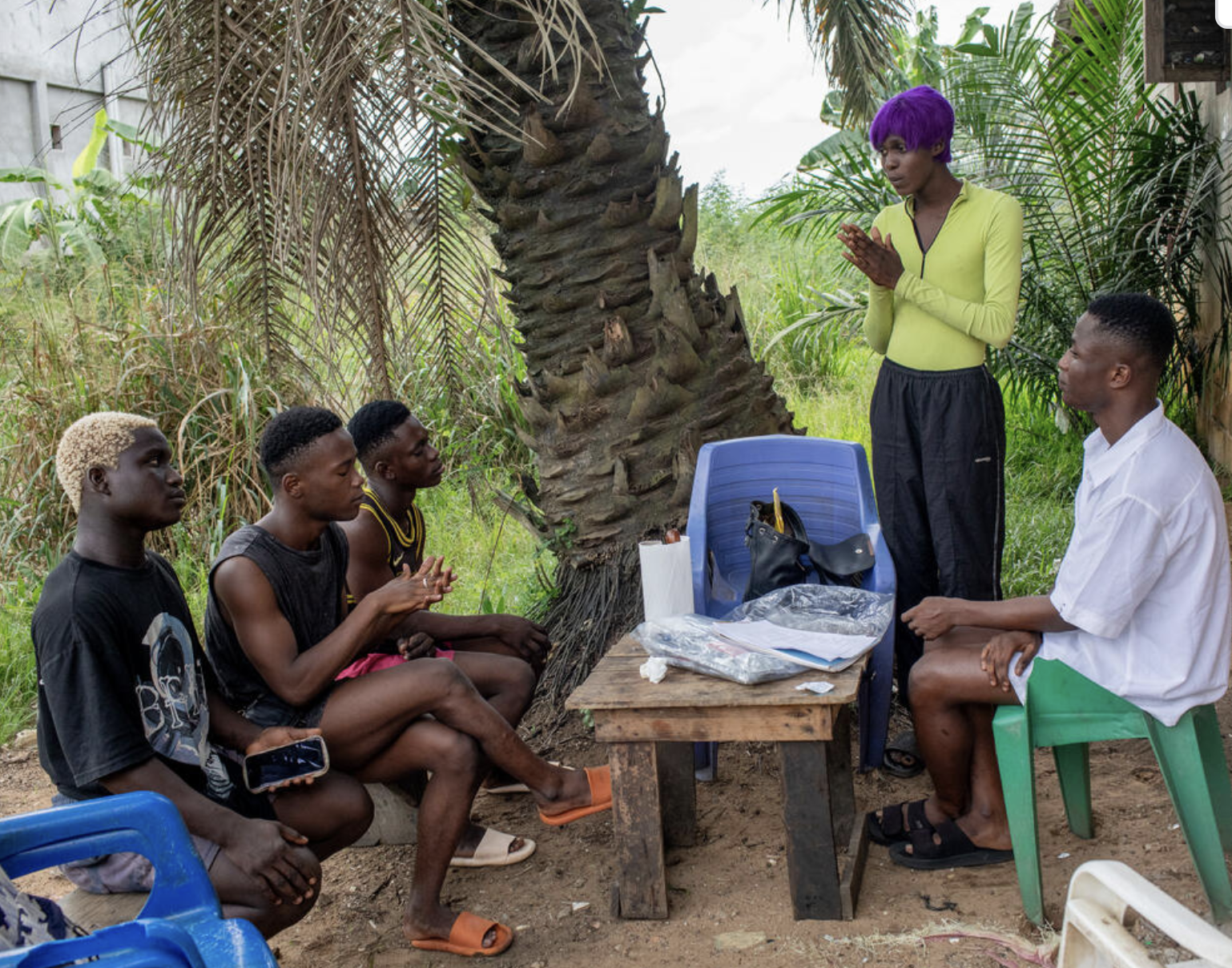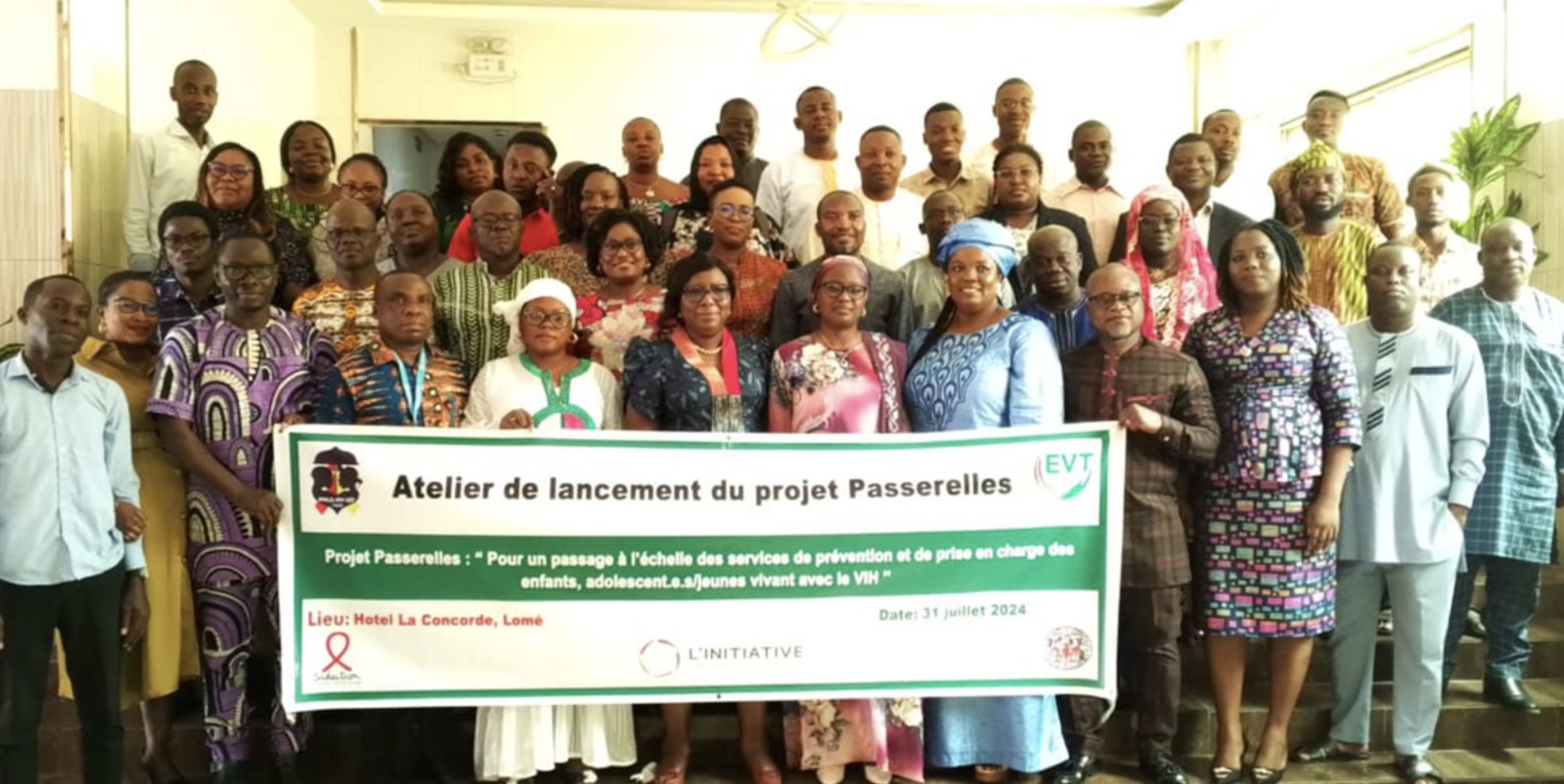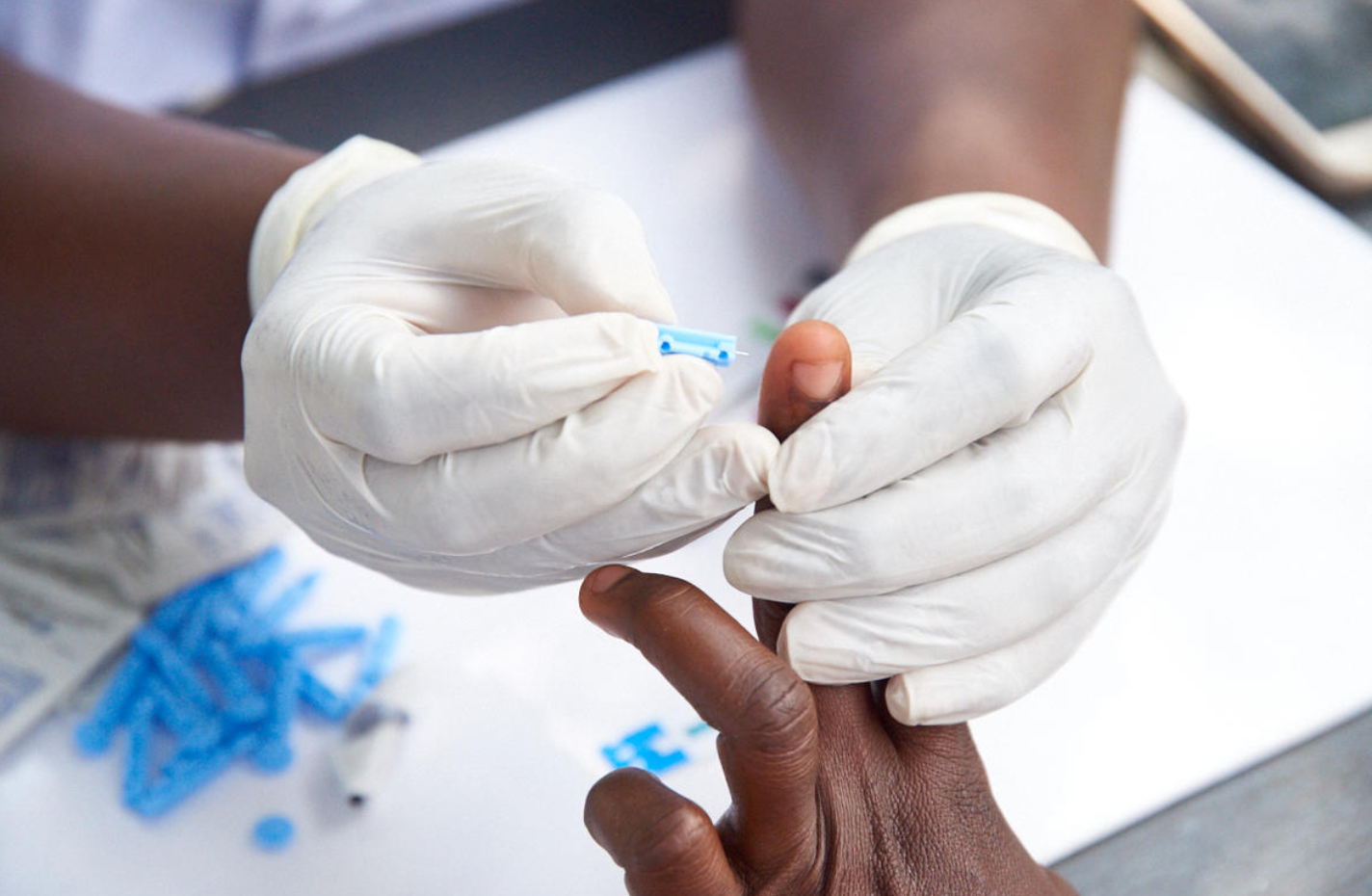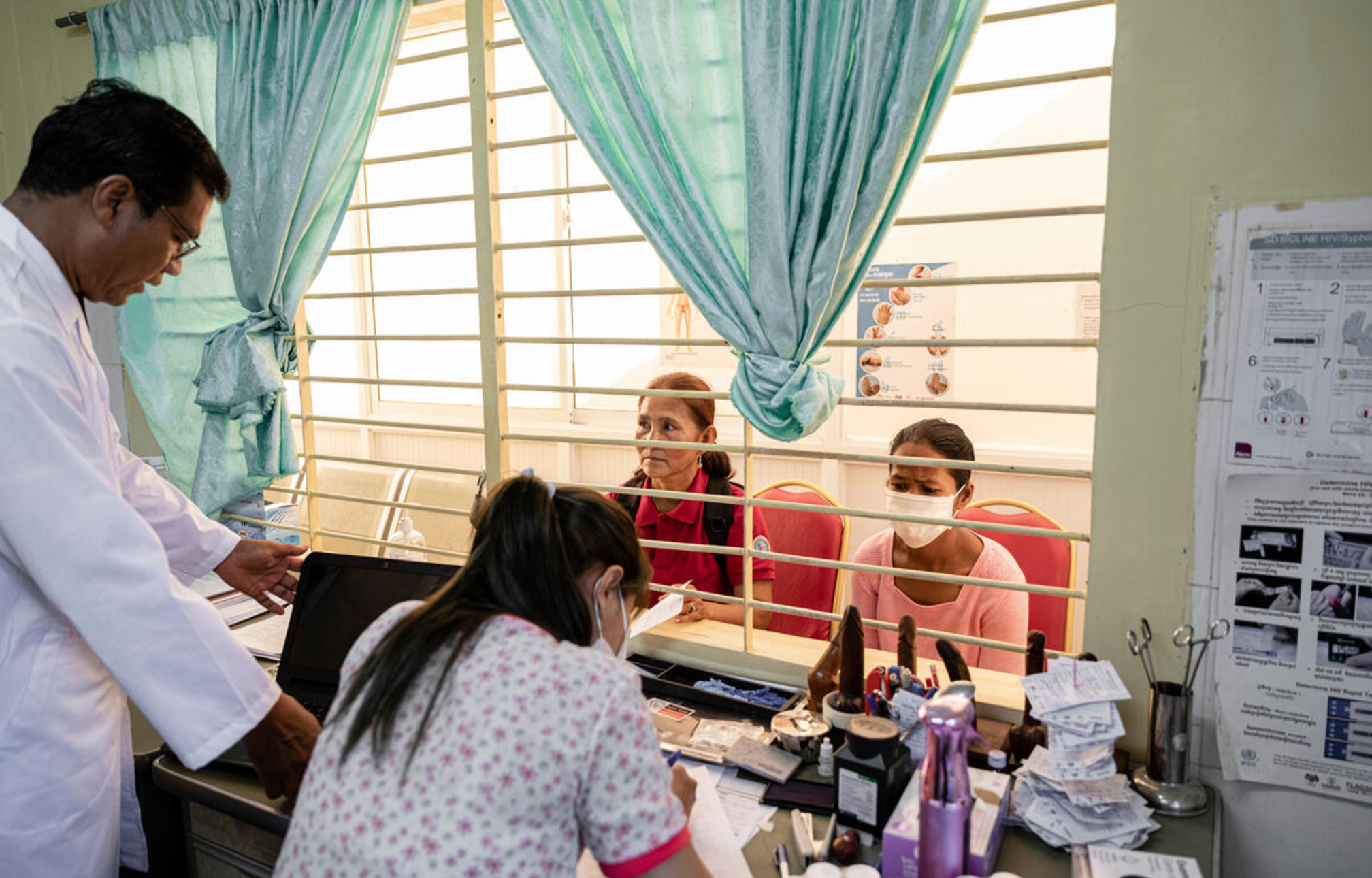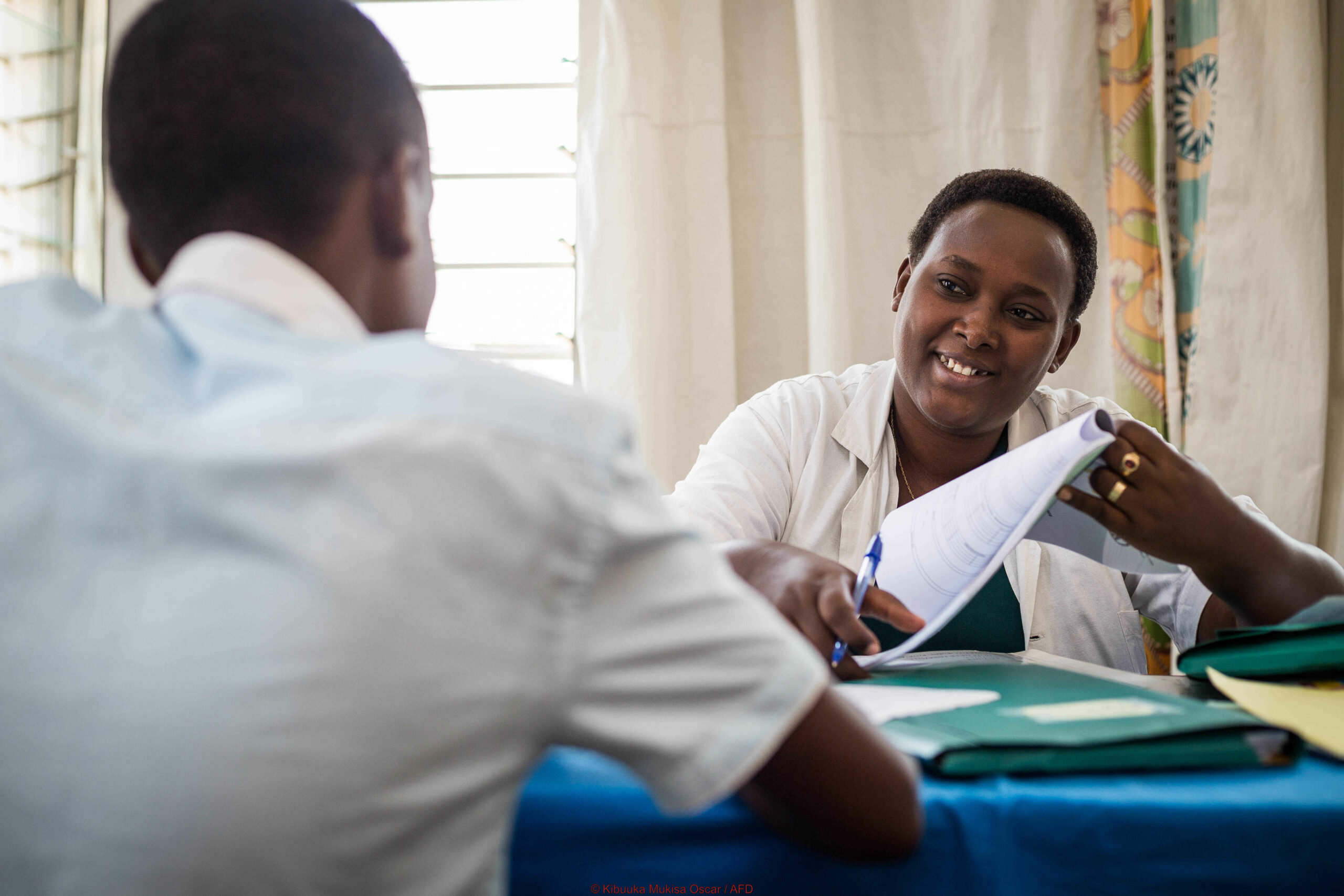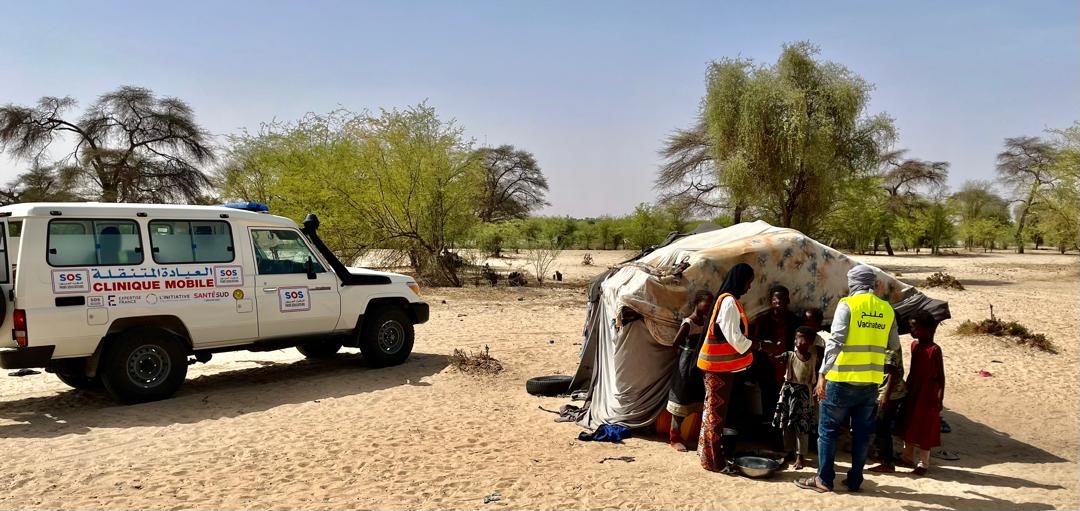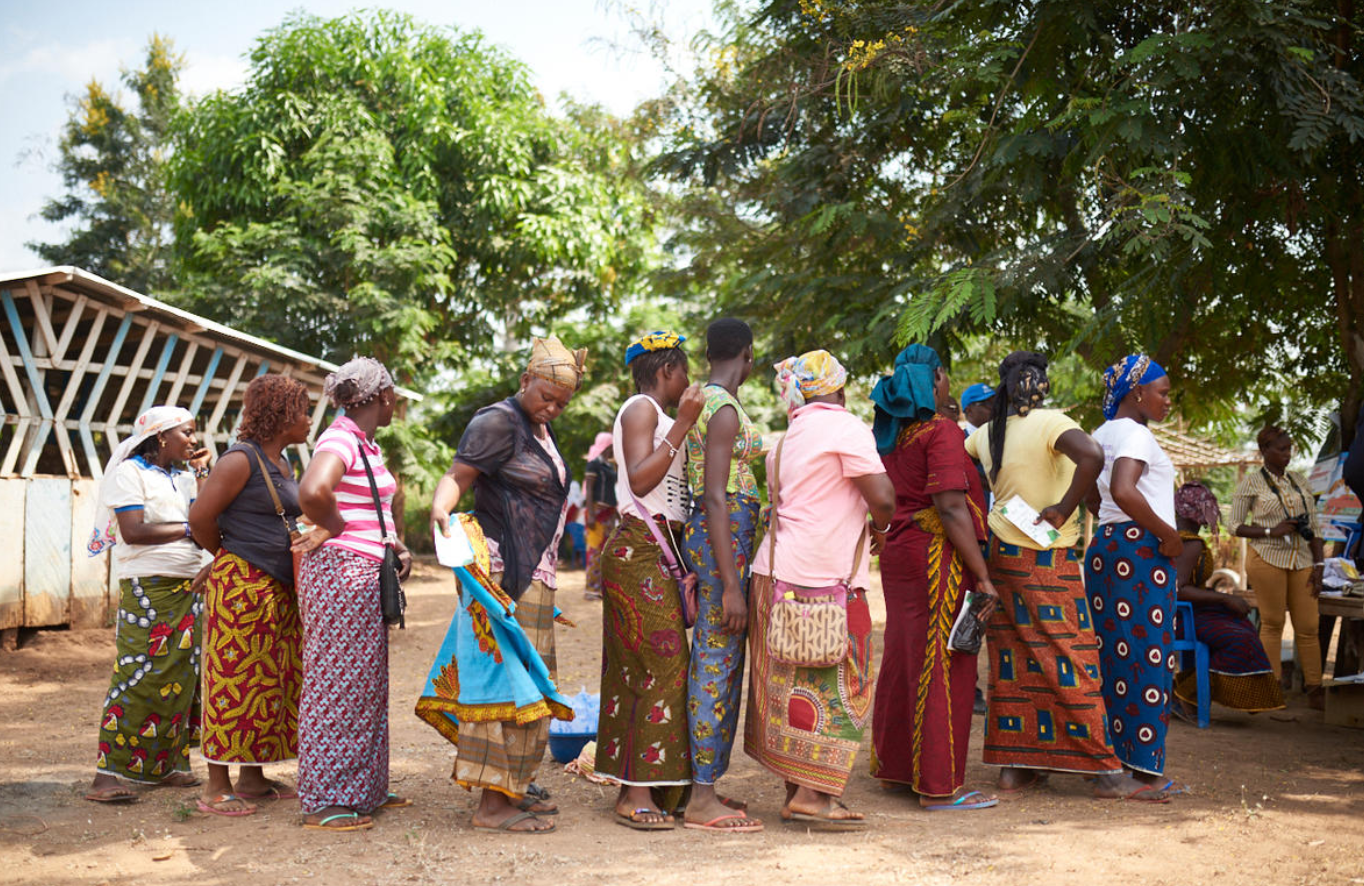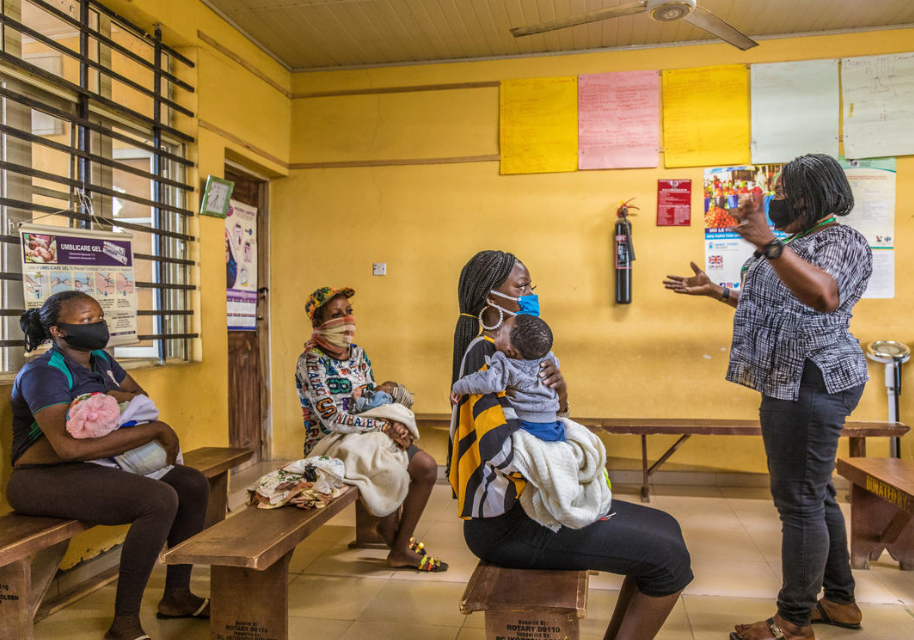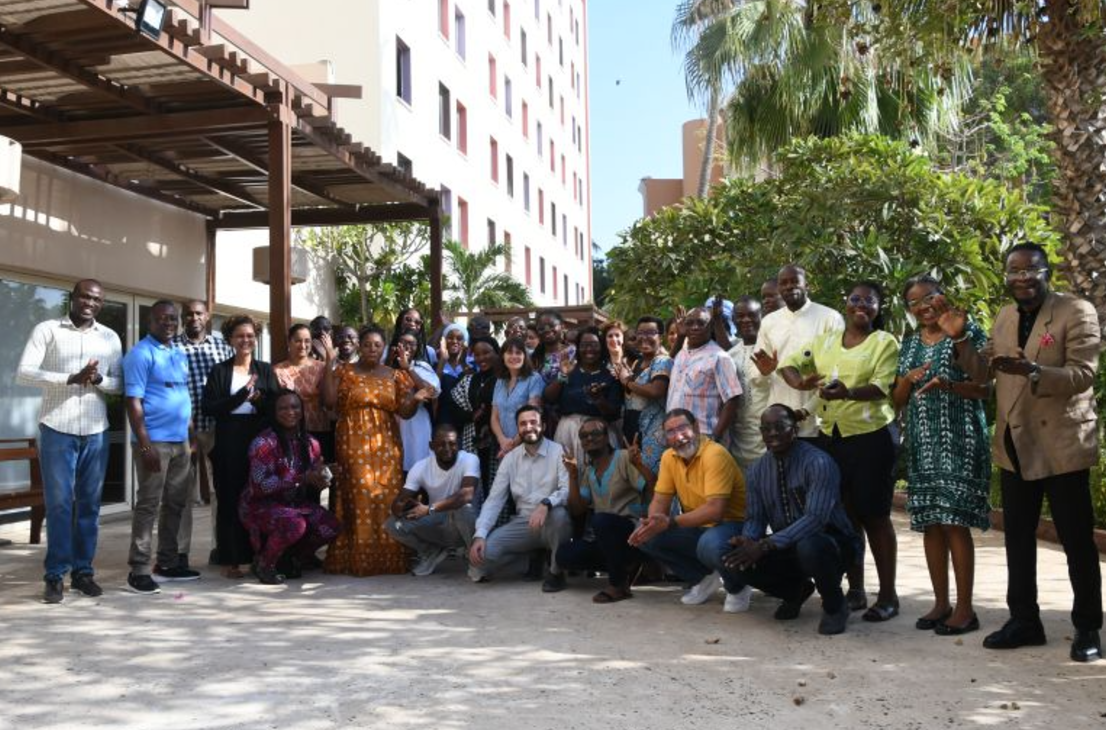On the occasion of World AIDS Day, on December 1st, L’Initiative spoke with Stéphane Besançon, CEO of Santé Diabète. This NGO, which he founded in 2001, currently supports over 25,000 diabetic patients across Mali, Burkina Faso, and the Comoros. Africa has the world’s fastest-growing prevalence of diabetes. By 2050, the number of diabetics in the region will have tripled compared to 1990.
Stéphane Besançon highlights the challenges associated with diabetes—a chronic disease characterized by hyperglycemia—on the African continent. He discusses the projects undertaken by the NGO Santé Diabète, supported by L’Initiative, to improve prevention, care, and access to treatment for diabetic patients, while also addressing the management of comorbidities such as HIV and/or tuberculosis.

Stéphane Besançon
CEO of Santé Diabète, is a nutritionist and biologist
What are the main challenges posed by diabetes in Africa?
Stéphane Besançon: With a prevalence of 5%, diabetes represents a major public health challenge for the continent. The disease is spreading due to the urbanization of lifestyles, increased sedentary behavior, and dietary changes. The region also faces the issue of underdiagnosis—more than one in two diabetic patients in Africa is unaware of their condition, which is the highest proportion in the world.
Diabetes also leads to multiple comorbidities. This is the case with tuberculosis: diabetic individuals face an increased risk of this infectious disease due to the weakening of their immune system. Diabetes can also interfere with tuberculosis treatment, negatively impacting therapeutic outcomes and resulting in higher rates of mortality and relapse after treatment. Another significant comorbidity is HIV. People living with HIV (PLHIV) are vulnerable to diabetes due to the overall rise in its prevalence and specific HIV-related factors (side effects of certain antiretroviral treatments, increased risk of metabolic syndrome, difficulty accessing care, etc.). It is therefore essential to raise awareness among PLHIV about diabetes and provide targeted information to diabetic individuals on HIV transmission.
How do the actions of the NGO Santé Diabète fit into this context?
Stéphane Besançon: In our countries of operation—Burkina Faso, the Comoros, and Mali—we implement actions to strengthen and structure healthcare systems for better prevention and management of diabetes. It is essential to provide coherent public policies to address the lack of access to care. Our organization works at various levels to strengthen human resources, train healthcare professionals, and facilitate access to treatment, particularly by supporting national policies and strategies. We place strong emphasis on the role of the patient, with a focus on therapeutic education. This approach, promoted by the World Health Organization, empowers patients to take an active role in managing their health by providing tools and knowledge to better understand these diseases and adopt appropriate health behaviors. We also focus on prevention, both in schools and among adults, using community-based approaches. Our ambition is to develop a holistic approach that integrates comorbidities, such as HIV and tuberculosis, to ensure comprehensive and integrated patient care.
Which actions have been implemented with the support of L’Initiative?
Stéphane Besançon: Thanks to the funding and support of L’Initiative, we have implemented actions to improve patient care through approaches dedicated to individuals with comorbidities. We focused on strengthening the skills of healthcare professionals involved in managing diabetes associated with tuberculosis and/or HIV. These actions are crucial for optimizing human resource management and improving the effectiveness of patient care. In urban areas, patients typically consult specialists, but as soon as we move away from large cities, the lack of qualified personnel becomes a major obstacle. Our goal is therefore to train as many healthcare professionals as possible in the management of diabetes and comorbidities, so that they can provide appropriate, high-quality care and ensure better follow-up for patients, including in rural areas.
The first phase of the project was deployed in Burkina Faso and Mali between 2017 and 2020. It facilitated the establishment of a dialogue and the development of the first training modules and prevention tools. A total of thirty doctors and thirty paramedics were trained in the clinical management of comorbidities and patient education. Additionally, twenty-eight peer educators were trained to carry out targeted prevention actions for people living with HIV (PLHIV) and individuals affected by tuberculosis.
The project was deemed effective in addressing the healthcare needs identified by an independent evaluation. As a result, we launched its second phase in 2021, expanding the initiative to the Comoros, in order to scale up and strengthen its structure. The training programs were enhanced, and more advanced modules were developed. Additionally, more peer educators were trained, which allowed us to expand our community-based prevention networks.
What has been the impact of your partnership with L’Initiative?
Stéphane Besançon: It has allowed us to focus on the neglected area of comorbidities. We have thus developed expertise on this topic at both the national and international levels. We have implemented field initiatives—creating curricula from scratch, prevention activities, and training—on which we are building to ensure that comorbidities are considered in national health policies and beyond. In fact, with the support of the L’Initiative team, we have undertaken advocacy efforts to ensure that comorbidities are included in Global Fund grants in the coming years. Addressing these comorbidities could unlock additional funding, involve new local and community actors, and expand and sustain the actions taken.
